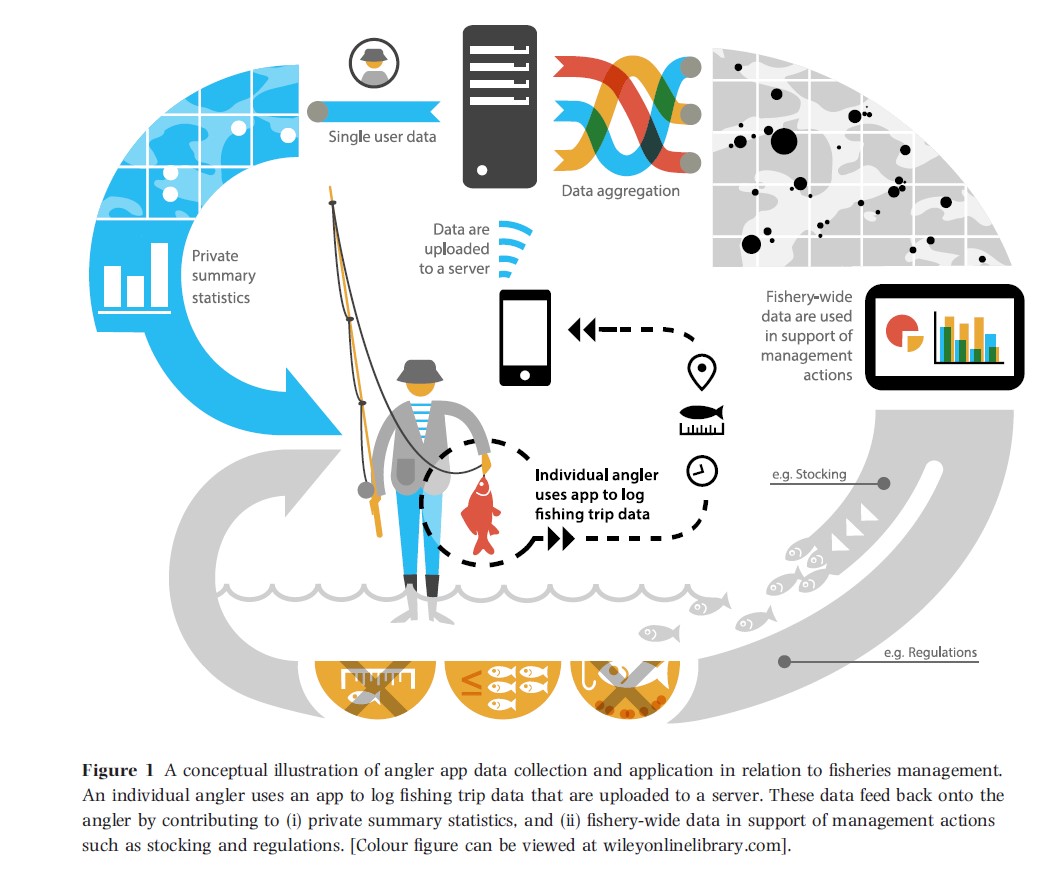This studentship will be based in the Institute of Zoology, London and will be affiliated with the School of Mathematics, Statistics and Actuarial Science, University of Kent.
Click here to submit your application by the 8th of January.
ARIES PhD studentship with Dr John Ewen of the Institute of Zoology (ZSL) and partners
Supervisors
Dr John Ewen (Institute of Zoology)
Dr Rachel McCrea (University of Kent)
Dr Nik Cole and Dr Richard Young (Durrell Wildlife Conservation Trust)
Dr Stefano Canessa (Institute of Zoology/University of Ghent)
Project Description
Reintroduction biology assists in providing the science support for improved reintroduction outcomes. Both the frequency of reintroductions and publication of reintroduction science are increasing, yet their integration remains limited1. Embedding science within reintroduction decisions faced by practitioners offers a strategic use of evidence to make the best management decisions. The skills required by scientists need developing including group facilitation, elicitation of expert knowledge, quantitative modelling of predicted and observed outcomes of management alternatives, risk analysis and optimisation. Our project offers a package where these aspects will be developed to produce a trained professional able to engage with multi-stakeholder groups undertaking species recovery. The student will develop and apply these skills to a lesser night gecko (LNG, Nactus coindemirensis) reintroduction in Mauritius.
Reintroductions of Mauritian reptiles to rebuild island communities have largely been successful, but have relied on translocating species in trophic order from prey to predator. However, bottom-up community reintroductions are not always possible. Round Island supports the last semi-intact natural reptile community, dominated by intraguild predators. To restore Round Island’s reptile community requires reintroducing threatened reptile prey species, such as the LNG. This project will work with a team including Mauritius government, NGO (Mauritian Wildlife Foundation), UK based partners (Durrell Wildlife Conservation Trust) and ARIES DTP hosts (ZSL and University of Kent) to plan and test a range of alternative reintroduction approaches to establish LNG on Round Island. Methods developed for LNG reintroduction will be globally relevant as practitioners grapple with how to establish prey species where predators remain.
Methodology
- Global review of reptile reintroductions with a focus on releases of prey species into areas where predators remain.
- Group based and facilitated development of the reintroduction problem.
- Quantitative population modelling using a mix of ongoing monitoring data and expert elicited judgements across various translocation strategies.
- A LNG translocation to Round Island that will test alternative release strategies.
Funding Notes
The project has been shortlisted for funding by the ARIES NERC Doctoral Training Partnership (https://www.aries-dtp.ac.uk), with a stipend of £14,777 per annum and a generous training and travel budget.
ARIES is committed to equality & diversity, and inclusion of students of any and all backgrounds. All ARIES Universities have Athena Swan Bronze status as a minimum.
Students with high level numerical skills will be eligible for 3 months of additional stipend after the end of the 3.5 years to take advanced-level courses in branches of environmental sciences related to the project in the first 3-6 months of study.
Shortlisted applicants will be interviewed by ARIES on 26th/27th February 2019, with shortlisting taking place at the University of Kent on the 31st January 2019.
Successful candidates who meet UKRI’s eligibility criteria will be awarded a NERC studentship – in 2018/19 the stipend is £14,777. In most cases, UK and EU nationals who have been resident in the UK for 3 years are eligible for a full award.
We seek a people person, passionate about wildlife conservation, with an interest in reptiles and a strong quantitative background in demographic modelling. The candidate should enjoy periods of fieldwork on a remote tropical island with basic communal living arrangements.


